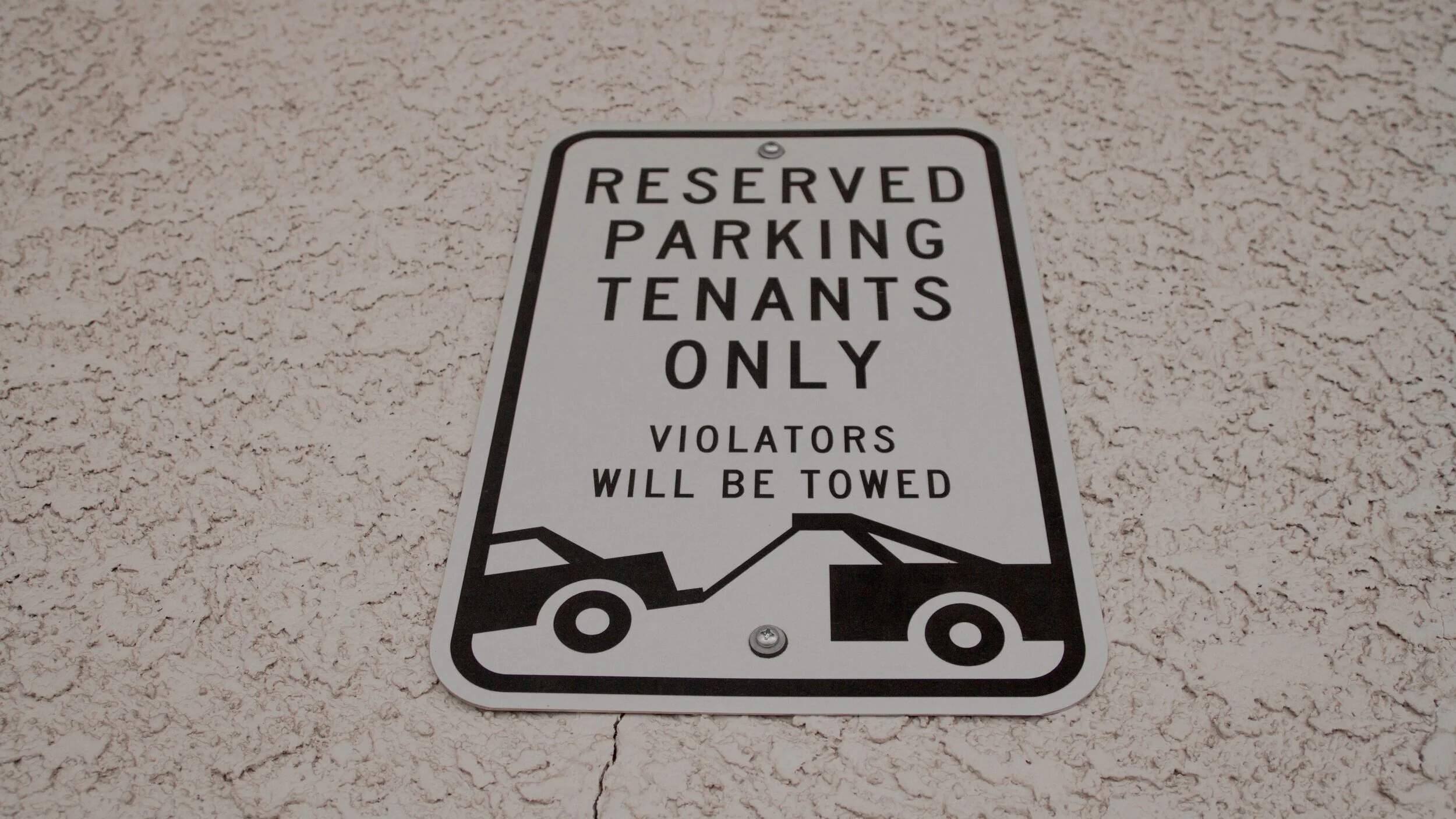Does Free Rent Exist? Commercial Tenants Beware
There’s a reason why the following saying exists: if something’s too good to be true, it probably is. What about free commercial rent? Is this too good to be true? Yes and no. In this article, I’ll explain some considerations about what free rent means - and doesn’t mean - for commercial tenants.
Free Commercial Rent Defined
In commercial lease agreements, free rent is commonly referred to as a rent abatement. It’s a concession that the landlord provides to the tenant. And, when granted, it largely means what it sounds like - rent the tenant doesn’t need to pay.
Specifically, a commercial lease will outline an abatement period. During this time, the tenant does not pay all or some rent to occupy the space. Typically, this period occurs during the first few months of a lease.
For example, assume a tenant signs a five-year (60-month) lease and negotiates three months of free rent. This particular lease would generally then extend to 63 months. The tenant receives three months of abated rent, and the landlord retains 60 months of cash flow.
However, confusion arises with the term free. Most people assume free means not needing to pay anything. Depending on the abatement and lease terms, tenants likely still need to pay something to occupy a space.
Commercial real estate professionals can help you negotiate free rent with landlords. Need help connecting with reliable ones? Drop us a note!
How Lease Structure Affects Free Rent
Commercial lease structure largely dictates what, if anything, you’ll need to pay during an abatement period:
● Full Service (Gross) Lease: In this structure, tenants pay a single, all-inclusive rent payment. A rent abatement in this sort of lease often means the tenants don’t need to pay anything to occupy a space.
● Triple Net Lease: This lease includes a base rent the tenant must pay. It also includes three “nets” the tenant - not the landlord - pays: 1) property insurance, 2) property taxes, and 3) common area maintenance (CAM) expenses. During an abatement, the tenant likely does not pay base rent while still paying all of the “nets.”
● Modified Gross Lease: This is a compromise structure combining the above two. The tenant pays a single lease payment but also will be responsible for some of the net expenses. An abatement period in this situation will likely mean no rent payments while still needing to make the net payments outlined in the lease.
For commercial tenants, the above should provide insight into what free means. Negotiating free rent with a landlord doesn’t necessarily mean you won’t pay anything to occupy a space.
When Do Commercial Tenants Receive Free Rent?
It depends. Leases can structure rent abatements a variety of ways, largely depending on the cash-flow needs of the landlord. Broadly speaking, landlords time free rent in one of three ways:
● Up-front: The tenant receives 100% of the abatement at the front-end of the lease. This can ease the cash-flow burden of moving into a new place for the tenant.
● Throughout: A portion of the abatement is applied on a pro rata basis to each month of the lease agreement. This has a discount-like effect on the monthly rent for a tenant.
● At the end: The tenant receives 100% of the abatement in the final months of a lease. This protects the landlord by ensuring the tenant follows all lease terms prior to receiving any free rent.
As a tenant, you may request any abatement structure you’d like. But, the landlord’s cash-flow timing needs will largely drive when it’s applied.
Does a “Magic Number” Exist?
In other words, is there a rule of thumb for how much free rent a tenant should request? Some people argue for one month of abatement for every year of a lease. This may work in some markets but not in others.
For instance, in particularly hot leasing markets, a landlord may not have incentive to provide any abatement. On the other hand, in economic downturns, a landlord may be willing to provide far larger abatements to land a tenant.
Local commercial real estate brokers can help you identify a reasonable ask for your market. And, these professionals can help you craft a negotiating strategy for your unique situation.
Feel free to drop us a note if you need help analyzing commercial lease options in your market. This can seem challenging, and we’re happy to help!
Other Landlord Concession Options
As a tenant, free rent is not the only concession you can request. If your landlord won’t provide an abatement, you can still request plenty of other concessions. While not an all-inclusive list, here are some options to keep in mind when negotiating your next lease:
● Tenant improvement allowance
● Reduced security deposit
● Moving cost assistance
● Payment of your broker’s fee
● Free access to property amenities (e.g. on-site gym, parking, etc.)
---
We recognize that, even after outlining the above information, identifying the best commercial lease option for your unique situation - and how to request free rent - can seem daunting.
That’s why we’re here to help. The Pocket Broker team lives and breathes commercial real estate, so drop us a note to see how we can help you achieve your unique objectives!






